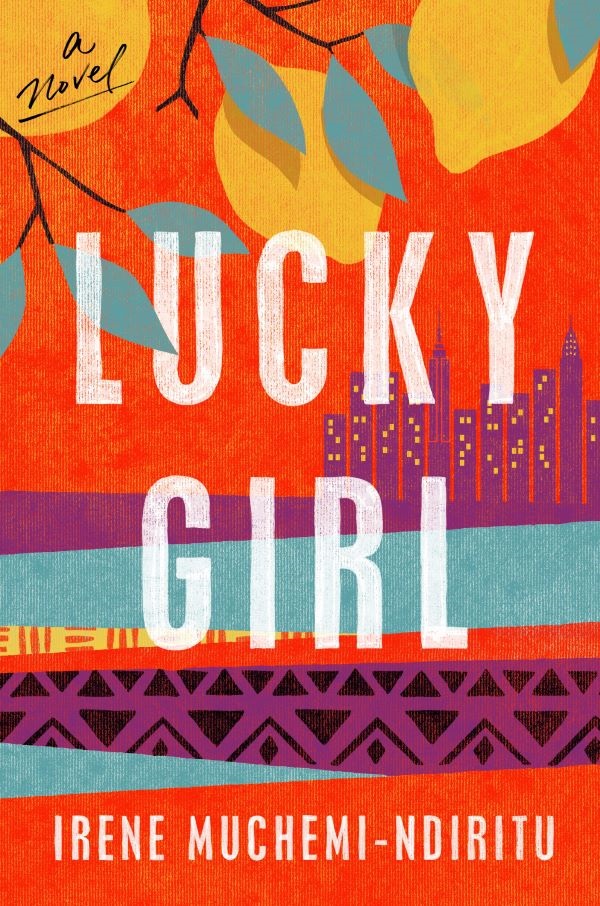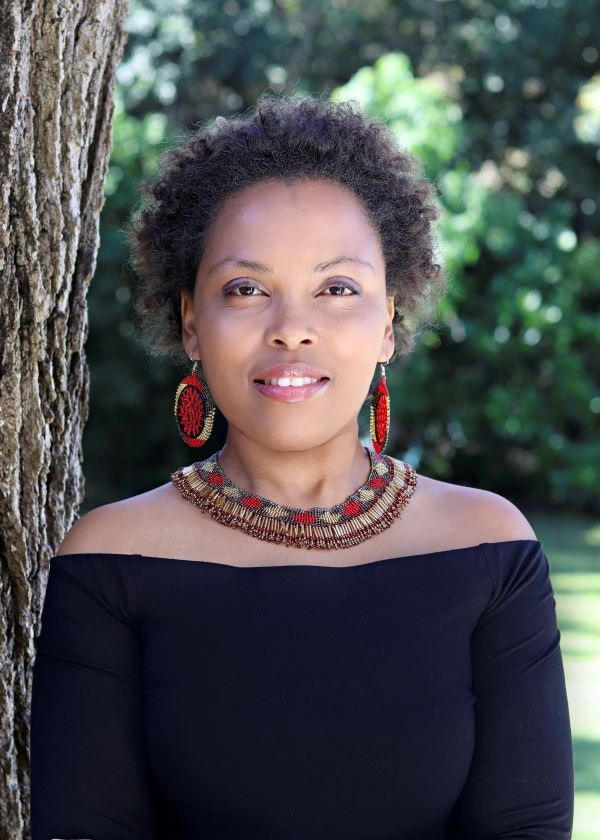
Irene Muchemi-Ndiritu will participate in a session at the Franschhoek Literary Festival, entitled Longing and Belonging, on Friday, 17 May, at 16:00, in the Church Hall (session 31).
The panel will discuss the writing of the African diaspora. Many such works deal with a crisis of distance – be it from a motherland, a culture or a family or from acceptance and peace.
Ashanti Kunene explores the ties that bind or burden with Irene Muchemi-Ndiritu (Lucky Girl), Candice Carty-Williams (People Person) and Kobby Ben Ben (No One Dies Yet).
For the FLF 2024 programme click here.
BOOK: Lucky Girl by Irene Muchemi-Ndiritu (Penguin Random House)
Soila's mother loved her profoundly and intensely, but Soila "had never been allowed close to her heart". At the core of Kenyan journalist Irene Muchemi-Ndiritu's debut novel Lucky Girl is the complex relationship between an African mother and her daughter, as seen through the latter's eyes.
Mother has managed to create a materially rich life after losing her husband. She turned his bakery into a lucrative biscuit mill, manoeuvring around his greedy brothers and sexist society in 1980s Kenya. Armed with a secretary's diploma and grit, Mother has pulled her all-woman family out of poverty and rules the household with a cold, stern, self-flagellating Catholic grip.
Soila was raised in a comfortable but gilded cage. Her grandmother Koikoi had been abandoned by her philandering husband, leaving Mother to abandon her studies and take up full-time work to support the family. After becoming widowed, Mother continued to support Koikoi and her sisters: cheerful and responsible spinsters Laioni and Naserian, ambitious Rarin and rebellious Tanei. Princess, the housekeeper, kept Mother's "queendom" running meticulously.
Lucky Girl explores the generational chasm between African parents and their worldly children in the contexts of gender, race, culture and religion. It adds a layer that subverts the notion that material privilege automatically guarantees the liberty to live openly and authentically in the world.
Soila is a "lucky girl", but the spiritual and emotional conditions of her upbringing make it difficult to rise above the emotional poverty that accompanies low self-esteem and dependence upon the approval of those in authority. She feels compelled to keep the secret of the sexual assault she experienced and to pursue a university education in the US.
Once at university in New York, Soila's world bursts open. Without negotiation, the agreement was that Soila would pursue a career in economics and finance, fulfilling Mother's deferred educational dreams, but Soila cautiously takes an elective in visual arts.
Soila's experiences while adapting to American (New York) society gives her an acute awareness of race in the US. Through awkward, comedic and painful encounters, she discovers the multiple and complex ways of understanding what it means to be black on the different sides of the Atlantic Ocean.
Between her new BFF, African-American Leticia; and her boyfriend, Alex, she learns the nuances of how American society navigates race. This is a rude awakening for Soila, who had been protected by her privilege in a mostly racially homogenous post-colonial Kenya. She is irritated by an African-American artist who takes the Egyptian name Akhenaten, incensed by his seeming ignorance of the prejudices of North Africans towards sub-Saharan Africans of a darker hue. Yet love and gentle communication can eventually smooth things over.
Lucky Girl also explores the fine line between harm and protection as far as family secrets are concerned. Suicide, love affairs and sexual assault are kept a secret. The novel doesn't prescribe a universal solution to this, but Muchemi-Ndiritu handles the issue with sensitivity by urging the reader to consider how some sleeping dogs are better left to lie while other wounds need to be aired for healing to occur.
It also explores how cultures make sense of the value of work in societies that have different approaches to why we work. She provides a critique of grind culture in the US, observing how that society lives to work while African cultures work to live. Lucky Girl is a well-paced novel that recounts, from an African girl's perspective, what it means to live in a global, postmodern world.




 Publications
Publications
 Partners
Partners













